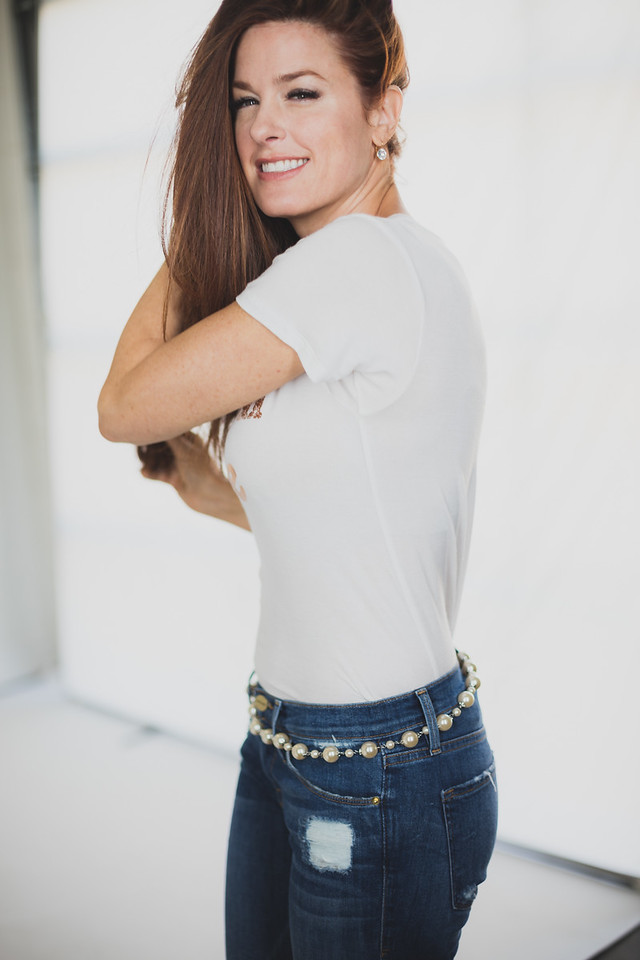 After overcoming personal struggles and self-doubt to find the strength to achieve her dreams as a recording artist, Hilary Roberts is now giving back, projecting a message of positivity and redemption through her songs. Her latest creative endeavor is the music video for her most recent single, “There For You,” which tells the story of people helping one another.
After overcoming personal struggles and self-doubt to find the strength to achieve her dreams as a recording artist, Hilary Roberts is now giving back, projecting a message of positivity and redemption through her songs. Her latest creative endeavor is the music video for her most recent single, “There For You,” which tells the story of people helping one another.
We recently sat down with Roberts to discuss the benefits of making music videos, why she was so drawn to the message of “There For You,” and how she persevered through difficult circumstances to find the value in who she is as a person and artist.
TrunkSpace: The “There For You” video dropped today. What emotions do you juggle with as you gear up to release new material to the world?
Roberts: Surreal. Gratitude. Excitement. Joy. Wow. Unbelievable.
TrunkSpace: In our current multi-media, multi-platform age, how important is it for artists to put time and energy into producing music videos? In 2018, are videos meant to give existing fans more content or to help establish new listeners?
Roberts: I think it is a wonderful way to share your vision of the song and to connect with your fans. It takes it to a personal level. I love seeing what artists create visually after hearing what they have done sonically. We are creatures that love to see, touch, feel and hear and a video adds another dimension to experiencing the music. It is another way of connecting with people. Both…for people that already love the sound of what you have created it gives a visual connection to your fans. It also invites new eyes and ears to hear and see what you are about.
TrunkSpace: The ‘80s and ‘90s were the golden age of the music video thanks to MTV, but we also consumed what MTV told us that we had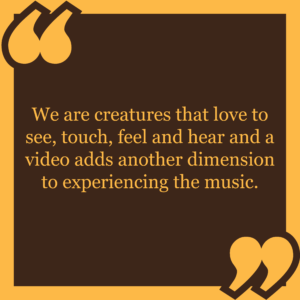 to. Today, anyone can access any music video that they like. While accessibility is off the charts, what’s the key to engagement? How does an artist get people to listen to his or her music and watch their videos in 2018?
to. Today, anyone can access any music video that they like. While accessibility is off the charts, what’s the key to engagement? How does an artist get people to listen to his or her music and watch their videos in 2018?
Roberts: I love this question because to get peoples’ attention. You need to give them something they are craving. A lot of people are craving a higher elevation of thinking. They are wanting positive messages along with a great sound. They are wanting something that is uplifting and helpful. You also have to have a ton of talent and absolutely love and be excited about what you are doing… and never give up.
TrunkSpace: Can you tell us a little bit about what “There For You” meant to you when you were crafting the song and how you wanted that vision to be reflected in the music video?
Roberts: When I was faced with a life and death surgery, I told God that if He would let me stay here on earth that I would spend the rest of my life being there for His kids. So when Damon Sharpe and Eric Sanicola sent me the rough foundation of the song “There For You,” it really resonated with me. So we took that foundation and transformed it into a song that was personal to me and conveyed my message. As for the vision of the music video, with the vignettes/stories I wanted to show people helping one another. Some of the stories are examples from my own life. In the dance scene, I wanted to show a celebration because when you go through the darkest of times you think it will never be better, but when you walk it through and get to the other side, then you can celebrate! You survived. And you celebrate with the people you walked it out with.
TrunkSpace: You’ve been open about the struggles that you have faced and have had to overcome throughout the course of your life. Do you view your music as an outlet for telling those stories in a way that can help listeners to feel like they are not alone in what they themselves are going through?
Roberts: Absolutely. I think feeling alone and thinking you will always be alone and that you have no value are some of the reasons why we have lost so many beautiful people to drugs, alcohol, depression and suicide. I have learned that sharing the pain of my past is one of the greatest gifts I can give to help others deal with their pain and give them hope.
TrunkSpace: When did you discover your voice as an artist?
Roberts: I discovered I could sing when I was 10 years old. That is when I found my physical voice. In this last year, with the music we have been creating, I feel that I have found the sound and the message I was meant to give to the world.
TrunkSpace: Where did your journey with music begin? At what point did you decide to pursue it as a career?
Roberts: I have wanted to be a performer since I was a little girl. I had to walk out some very traumatic circumstances from childhood and things that I drug myself through, which always stopped my dreams. Once I started walking through the healing, I could pursue my goal of becoming a recording artist. This past year I have done just that with nothing able to hold me back.
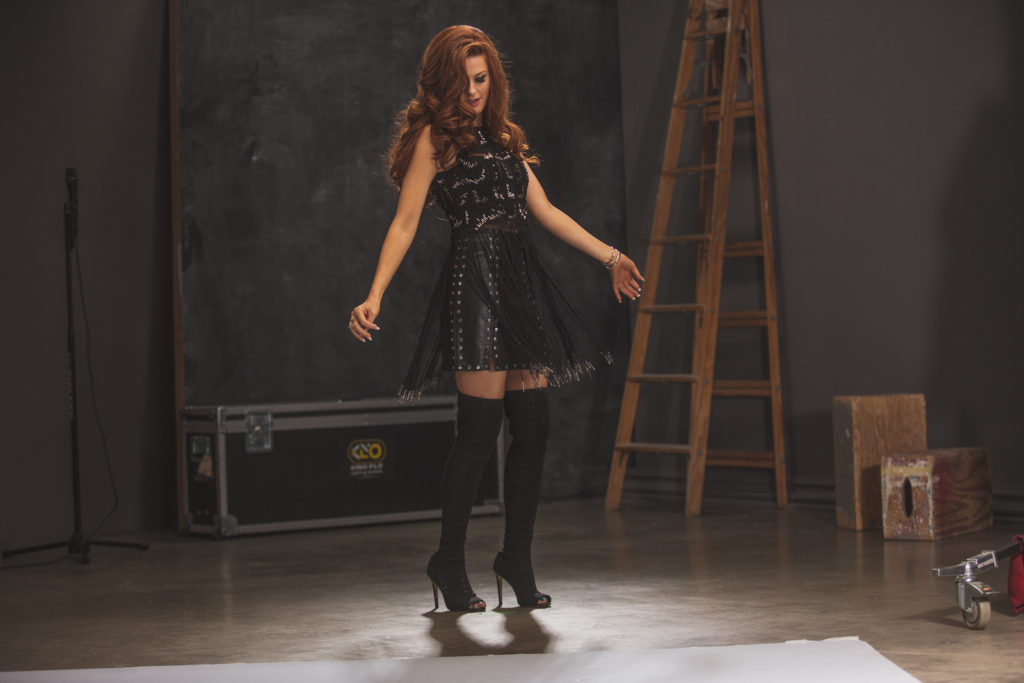
TrunkSpace: Where are you hardest on yourself as an artist and how do you overcome self-doubt when it comes to your creative endeavors?
Roberts: I have to be diligent about not beating myself up for past mistakes and just let myself create. I overcome self-doubt by realizing it is not about me. I am here to give to others.
TrunkSpace: What do you consider to be success in the music industry and by that definition, have you achieved it?
Roberts: Of course, we all want the Billboard awards, the Grammys and the respects of our fellows and fans. To me that would be mind-blowing. But, more importantly I want to make a difference in this world. I have not achieved a Billboard award or Grammy yet, but I know that the music we have just released is already helping the hurting and transforming lives, so yes, I have already achieved success.
TrunkSpace: Finally, Hilary, if you could sit down with your 12-year-old self, what would she say about your current career path? Would she be surprised by the artist you have become?
Roberts: She would say she was proud of me, excited for me. She would say, “You are doing it and you are getting to do it.” She would be blown away. She would be so proud that I am helping others. And she would say, “I am so happy that you found out that you are worthy.”
View the “There For You” video below.



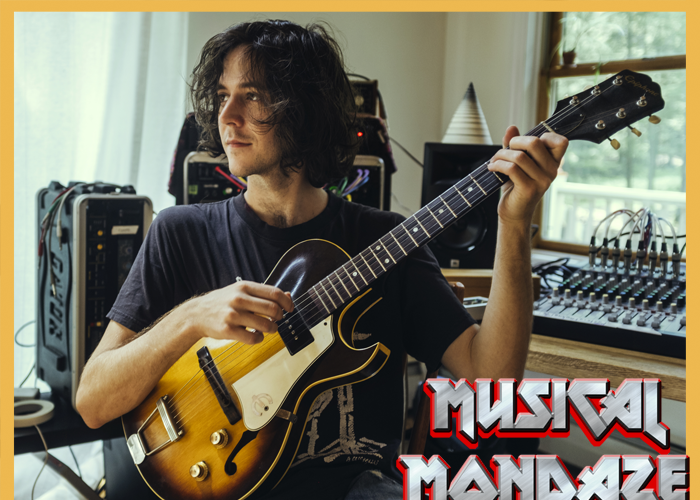
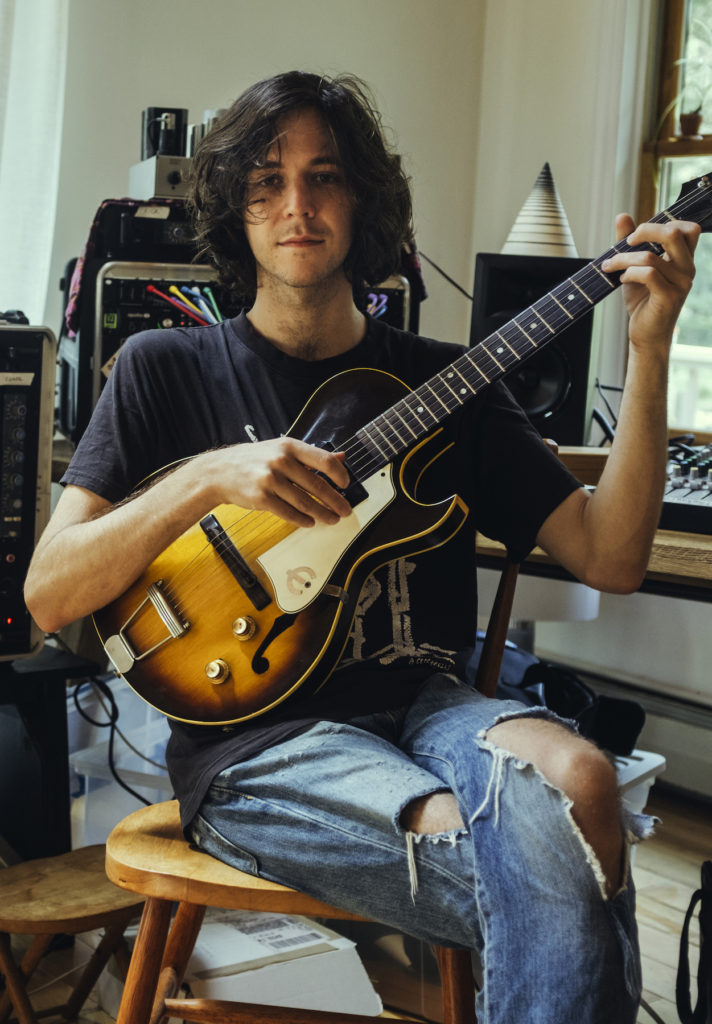
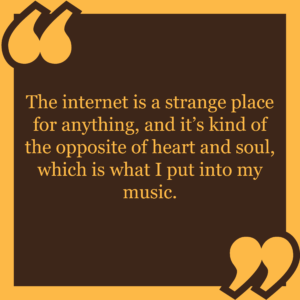 cohesive collection of tracks. How much creative thought was put into looking beyond just the songs themselves and into producing a sort of, for lack of a better word, classic record?
cohesive collection of tracks. How much creative thought was put into looking beyond just the songs themselves and into producing a sort of, for lack of a better word, classic record?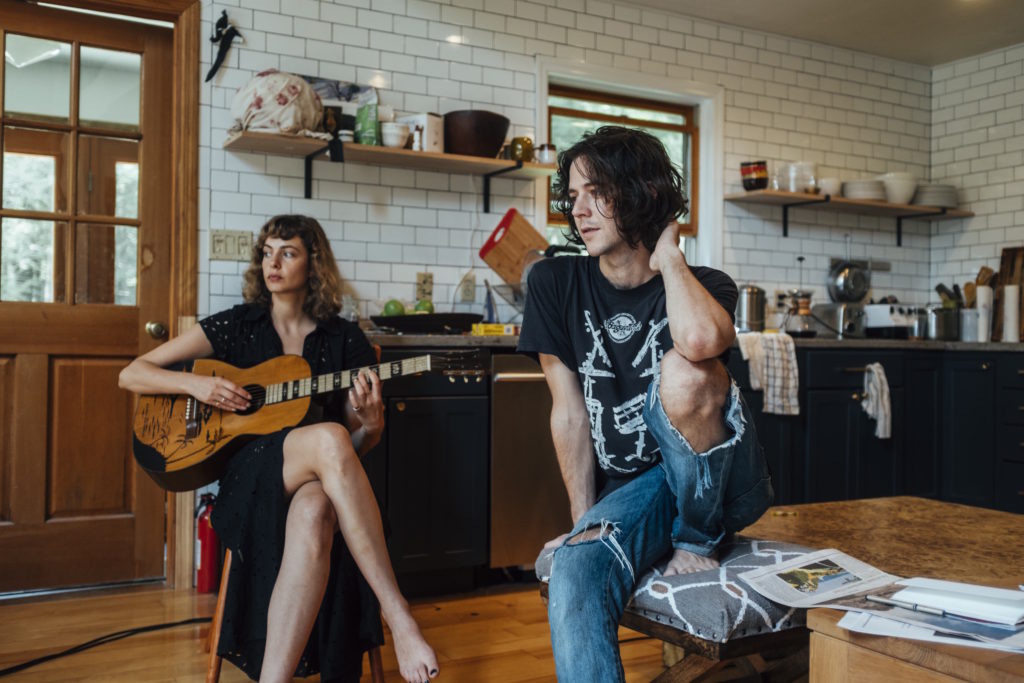
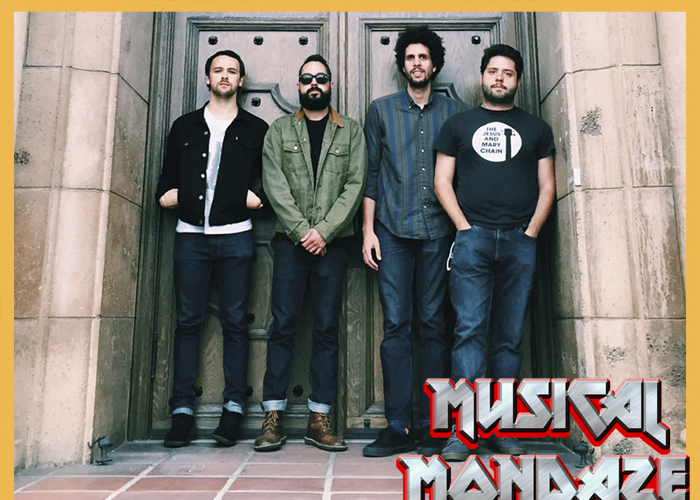
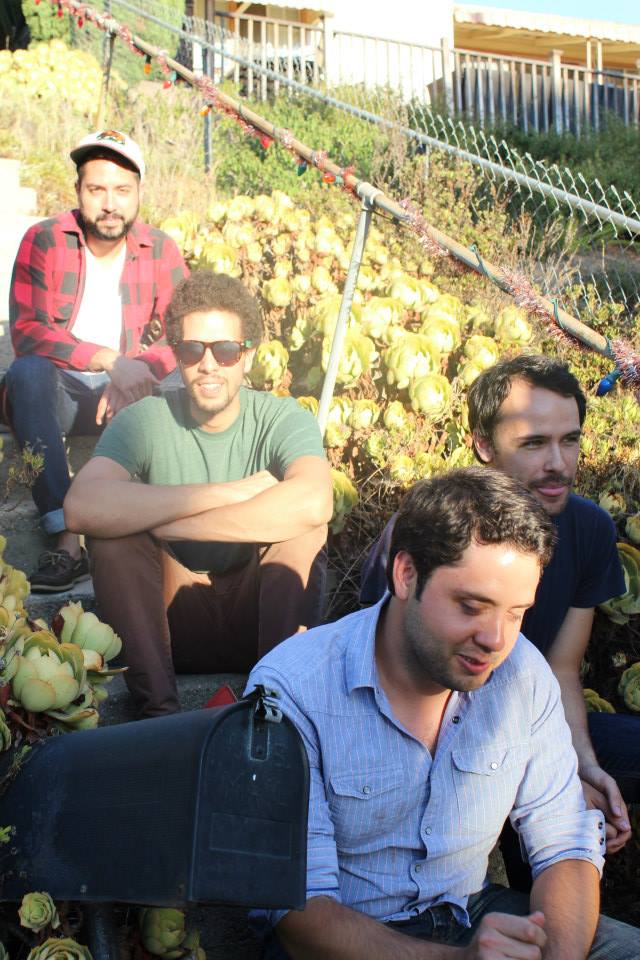
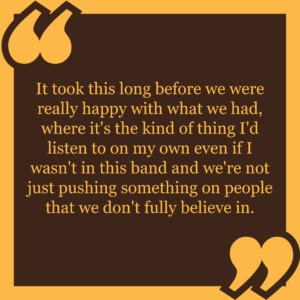
 TrunkSpace: You guys played together in various projects prior to Crystales, but how long did it take you to find your cohesive groove (and overall sound) in the band’s current form?
TrunkSpace: You guys played together in various projects prior to Crystales, but how long did it take you to find your cohesive groove (and overall sound) in the band’s current form?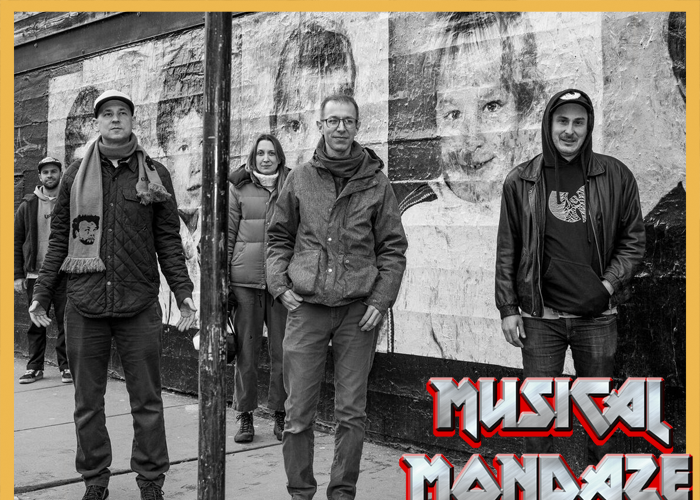

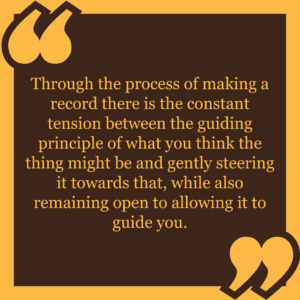
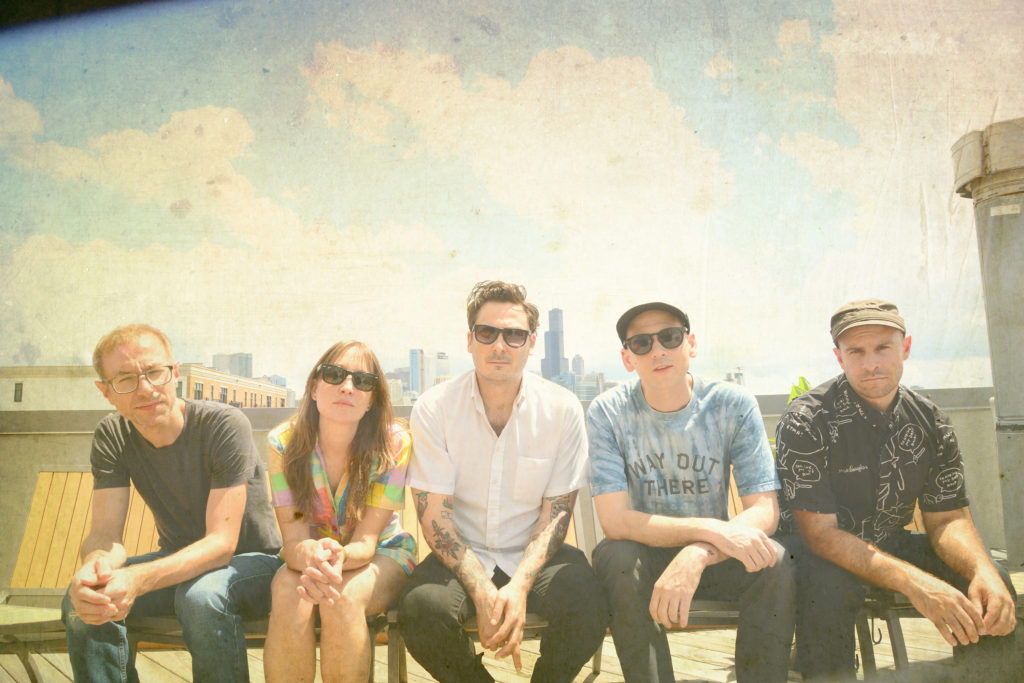
 TrunkSpace: Fan feedback can often be the fuel that powers the creative brain. What’s a profound/powerful story that you were told by a listener in terms of how your music directly impacted them that you have carried with you throughout the course of your career?
TrunkSpace: Fan feedback can often be the fuel that powers the creative brain. What’s a profound/powerful story that you were told by a listener in terms of how your music directly impacted them that you have carried with you throughout the course of your career?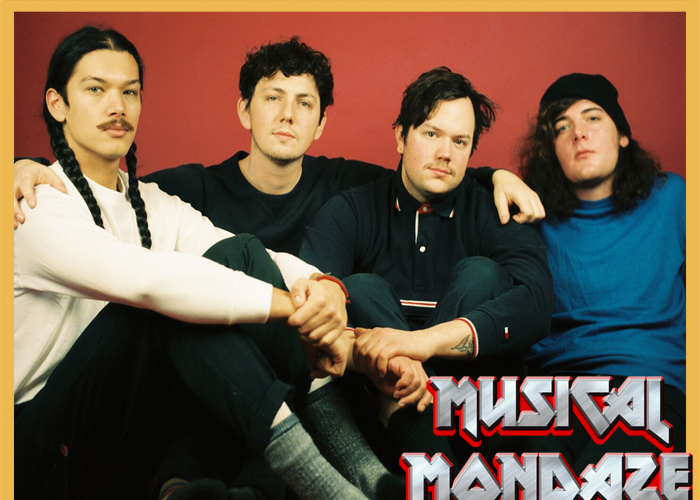
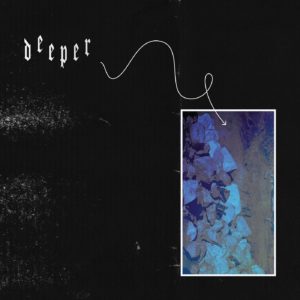
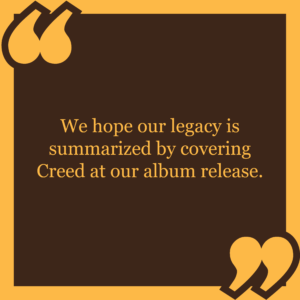
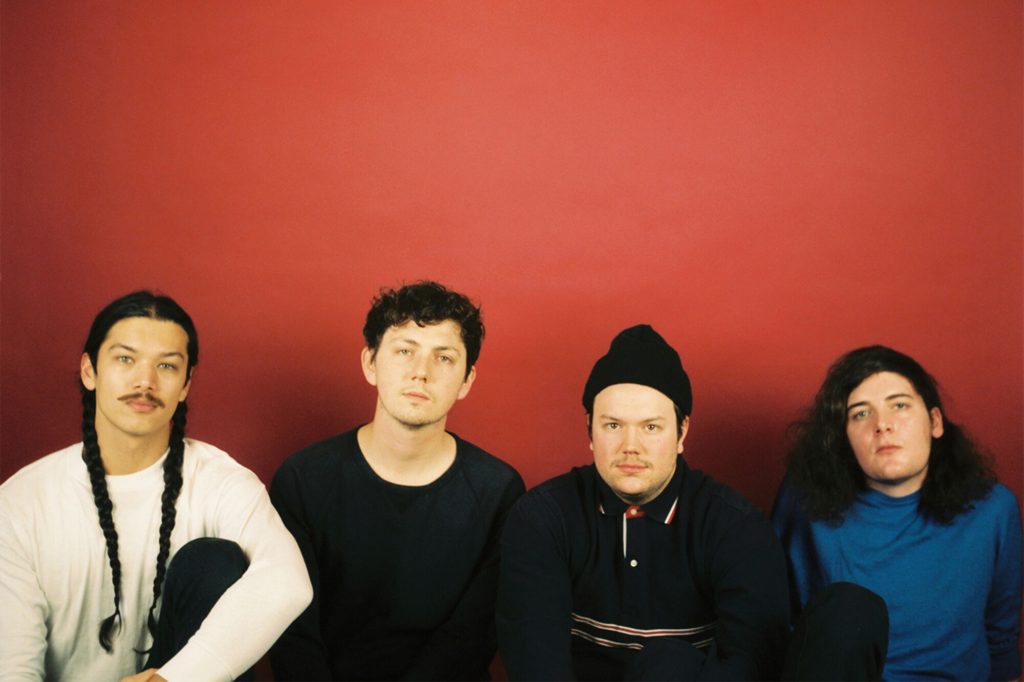
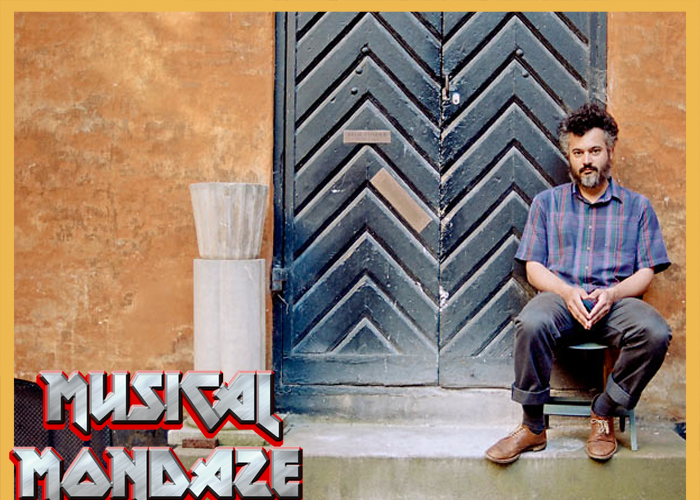

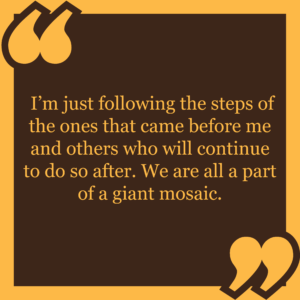
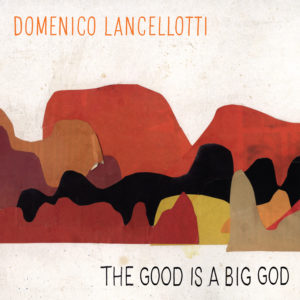 TrunkSpace: What do you personally get out of music through writing that you couldn’t achieve as a listener alone?
TrunkSpace: What do you personally get out of music through writing that you couldn’t achieve as a listener alone?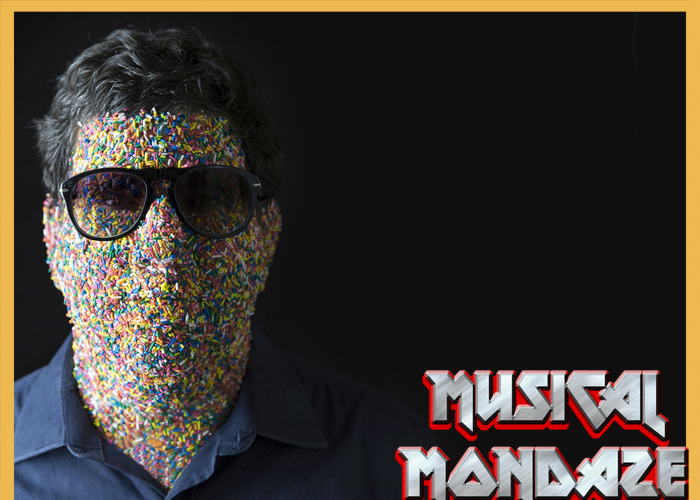


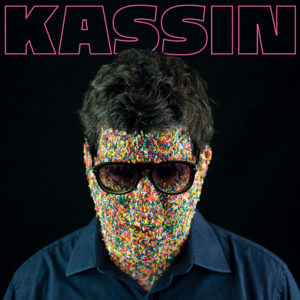 I’m surprised for sure, making a living from music is a gift.
I’m surprised for sure, making a living from music is a gift.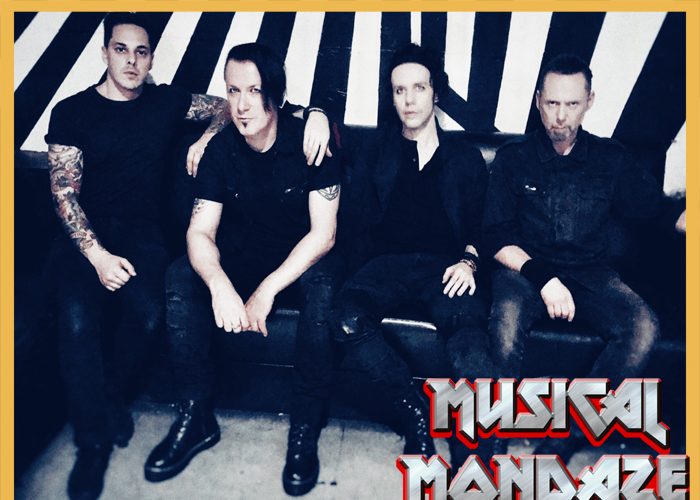

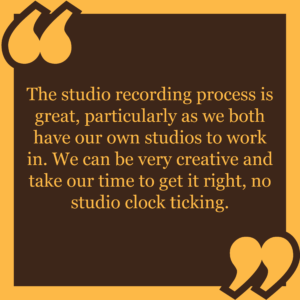
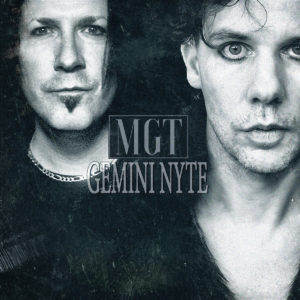 TrunkSpace: You put so much of yourself into the creation of an album. Are you holding your breath once the album is released? Or is it a huge relief, and you’re just ready to get on the road and share the music at live venues?
TrunkSpace: You put so much of yourself into the creation of an album. Are you holding your breath once the album is released? Or is it a huge relief, and you’re just ready to get on the road and share the music at live venues?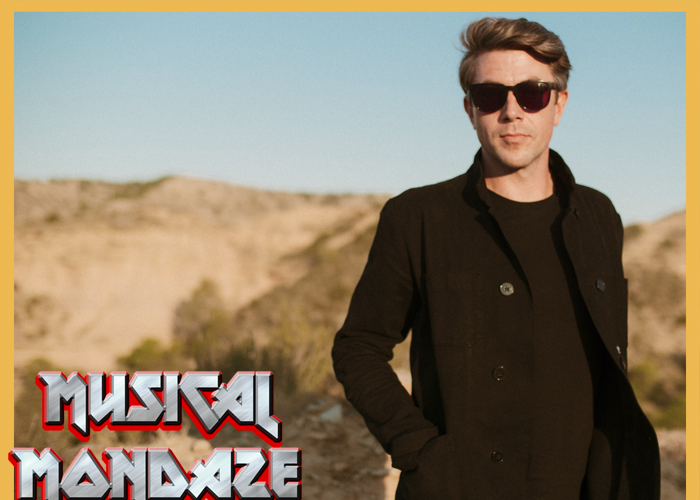

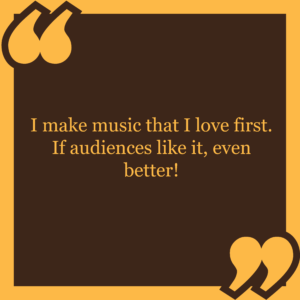
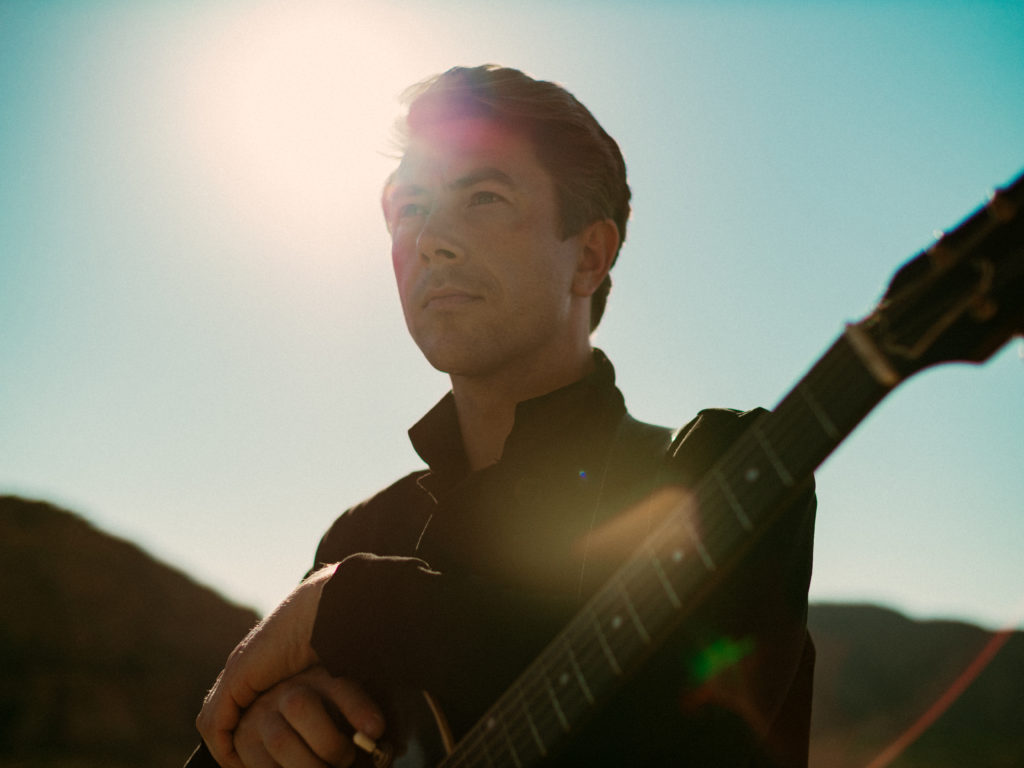
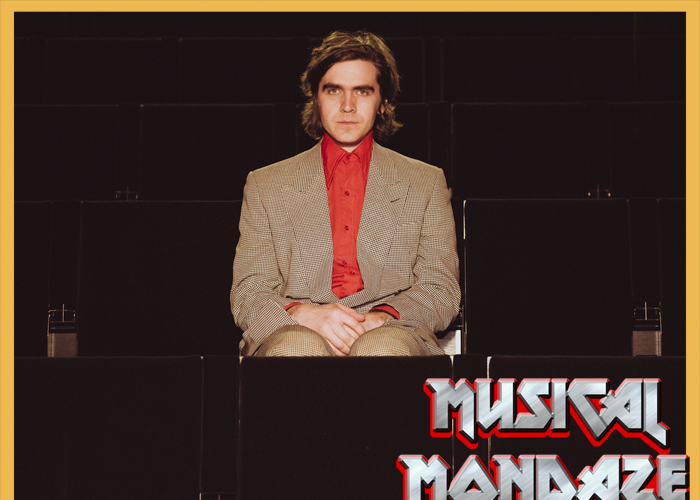

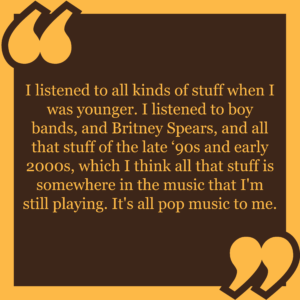 inception to a finished track?
inception to a finished track?